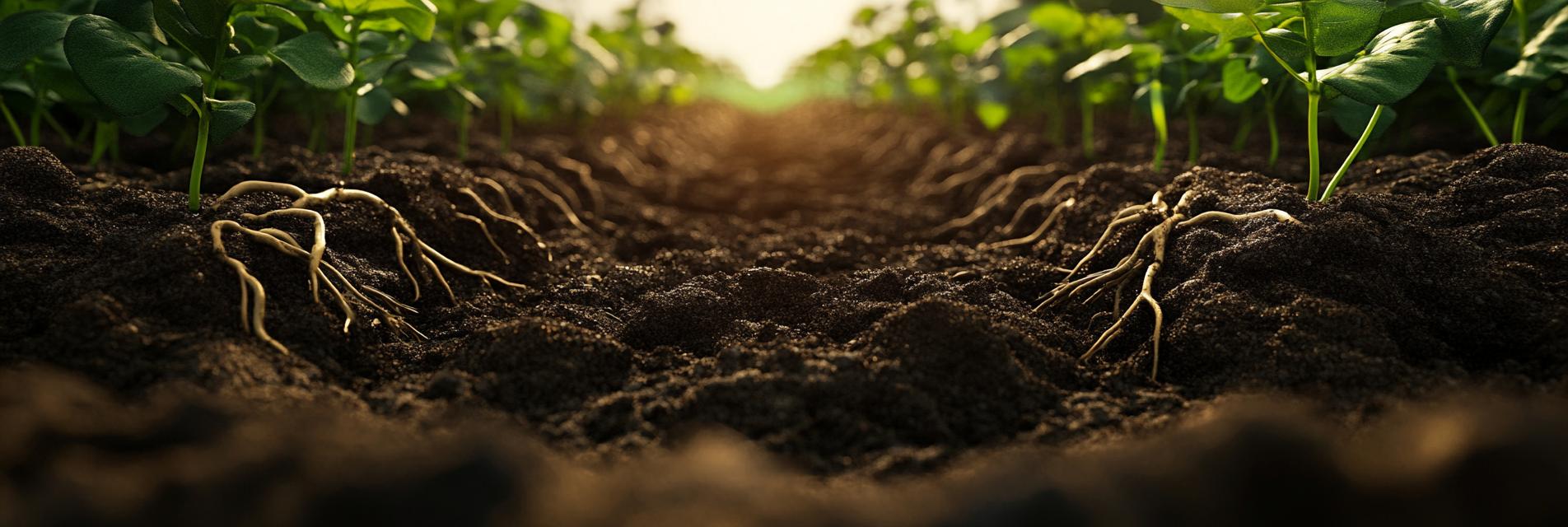Polyacrylamide (PAM) is an innovative polymer that has shown great promise in enhancing soil stability across various agricultural practices. By improving soil cohesion, PAM aids in the control of erosion, ultimately fostering better crop yields. Its application is becoming increasingly recognized for supporting sustainable agriculture, an essential approach in modern farming.
Research indicates that PAM can reduce soil erosion by up to 60%, significantly decreasing the loss of valuable topsoil. Additionally, its moisture-retaining properties enhance soil health, which not only leads to robust plant growth but also contributes to environmental sustainability by protecting water quality.
The application of PAM represents a critical step towards environmentally responsible agricultural practices. By mitigating erosion and promoting soil health, farmers can ensure their land remains productive while safeguarding the surrounding ecosystems.

In conclusion, PAM is not just a tool for enhancing soil stability; it is a beacon of sustainable practices in agriculture, paving the way for a healthier environment and increased productivity.
